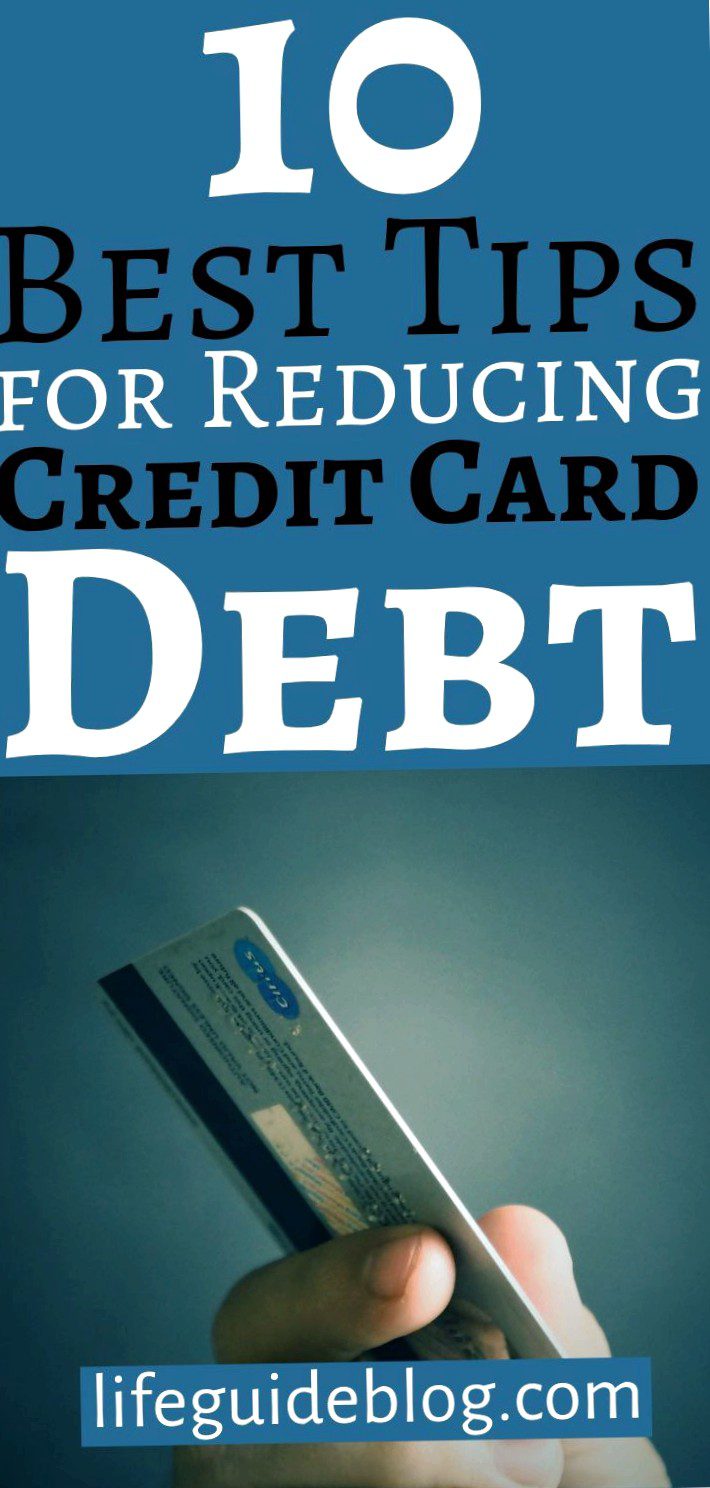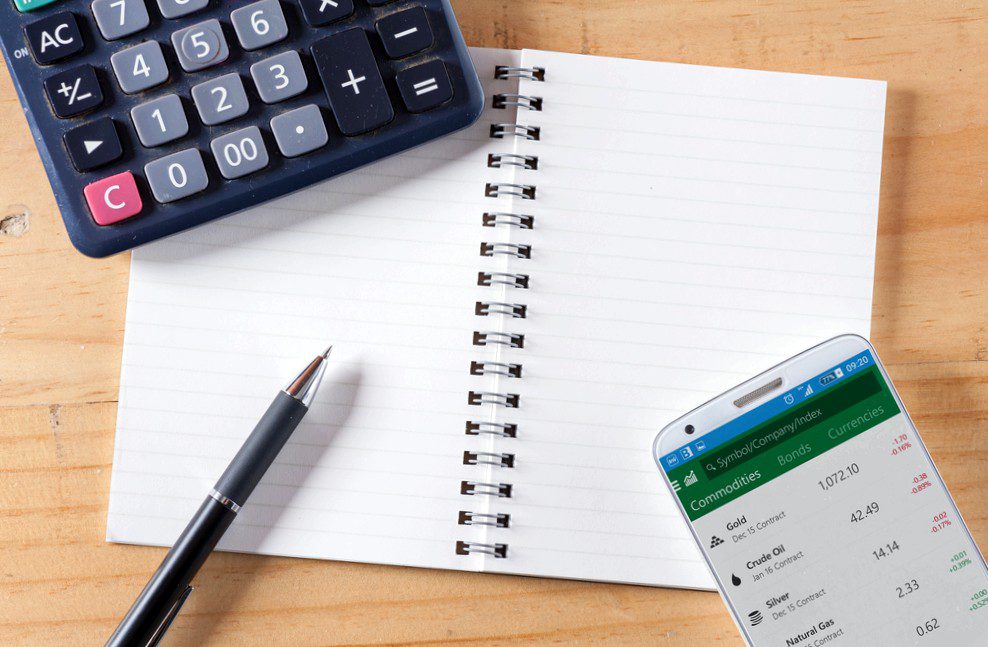
Finances are an important aspect of our lives. Although many avoid dealing with it, there are basic tips that each of us can follow to build a solid financial foundation and maximize our wealth.
The first step to improving your finances is to create and follow a budget. A budget ensures that we spend our money on things that are most important to us and avoids unnecessary spending.
It’s also important to avoid debt for an extended period of time as much as possible. Credit cards and installment loans can quickly spiral out of control and get us into financial trouble. Therefore, for any type of debt, we should have a plan to pay it off quickly.
In addition, we should set clear financial goals. Do we want to save for retirement, buy a home, or fund a good education for our children? When we set goals, we can motivate ourselves to be careful with our money and achieve our plans.
Follow these basic tips for personal finance and lay the foundation for a strong financial future.
9 Tips for budgeting your expenses
If you want to stay on top of your finances, budgeting and controlling spending are two important steps to take. Here are nine basic tips that can help you budget your expenses:
- Write down your income and expenses: The first step in budgeting your expenses is to get an idea of how much money you earn each month and how much you spend. This can be an eye opener.
- Set financial goals: knowing how much money you earn and spend will help you set realistic financial goals and create a plan to reach them.
- Create a budget: once you know your income and expenses, create a budget to ensure you are living within your means each month.
- Limit your spending: Once you’ve created your budget, see where you can cut back or trim expenses. Be realistic and only cut things you can do without.
- Stick to your budget: creating a budget is only the first step. Sticking to it is the most important. Check it regularly to make sure you stay within your spending limits.
- Watch out for unnecessary fees: Check your bank statements for unnecessary fees or subscriptions you may no longer use. Cancel them to save money.
- Reduce your debt: Debt can be an immense burden. Find ways to pay off your debts and avoid further borrowing unless it’s really necessary.
- Create an emergency fund: life situations can change quickly. It’s wise to create an emergency fund to cover unexpected expenses and ensure financial stability.
- Prioritize: If you plan to make major expenses like a house or car in the future, prioritize and plan accordingly. Make sure you meet your basic financial needs before you spend.
By following these tips, you can better budget your expenses and secure your financial future.
Be frugal with your spending
One of the basic tips for personal finance is frugality. Cutting back on unnecessary spending can lead to significant savings in the long run. It’s important to think critically about where you spend your money. Some possible limitations could be eating out less at restaurants, drinking less alcoholic beverages, and buying less clothing or other unnecessary items.
To save money, you could also rethink the types of purchases you make. Shopping at discount stores and supermarkets can be cheaper than buying expensive food at specialized stores. It can also help to use coupons and discounts and look for deals and special offers.
- Set yourself a budget
- Avoid buying things you don’t need
- Make comprehensive price comparisons
- Give up expensive habits like smoking or drinking coffee-to-go every day
- Sell off unnecessary items to generate extra cash.

There are no hard and fast rules about what restrictions are best for everyone. The best approach is to consciously look at your own behavior and look for the biggest opportunities to save money. Because any amount saved can ultimately lead to a better life for you.
Keeping finances under control – basic tips for using credit cards
1. Create a budget plan: Before using a credit card, it’s important to create a budget plan. Determine what your expenses are and how much you want to spend on certain purchases. This will help you avoid unnecessary spending and better plan how you use your credit card.
2. Avoid unnecessary purchases: don’t use your credit card for unnecessary purchases or things you can’t afford to buy. Avoid impulse buying and always think twice before making a transaction.
3. Pay your accounts on time: make sure you pay your credit card bill on time. If you don’t pay off your credit card in full, you will be charged a high interest rate on your balance. Don’t hesitate to pay your credit card bill right away if you have the money on hand.
4. Don’t go over your credit limit: stick to your card’s credit limit. Don’t overdraw your limit to avoid additional fees and interest charges. If you feel that you will exceed your limit, contact your bank and change if necessary. The credit limit.
- In summary: When using a credit card, it’s important to act wisely. Avoid unnecessary spending, pay your accounts on time and don’t exceed your credit limit. This way, you can stay on top of your finances and avoid getting into debt.
Disclaimer: The information in this article is for informational purposes only and does not constitute legal or financial advice. Please consult a financial specialist or your bank if you have any questions.
Financial planning for your future
Long-term financial planning is an important aspect of adult life. Without sound planning, you may have difficulty achieving long-term financial stability. Therefore, it is important to start planning your time to achieve your future financial goals.
One way to save money while investing wisely is to create a budget. Without a budget, it can be difficult to monitor your spending and cut back on unnecessary expenses. By minimizing your spending and directing your money into wise investments, you can achieve long-term financial security.
Another important factor in long-term financial planning is creating an emergency account. If you experience an unforeseen event such as an illness or sudden layoff, an emergency fund can preserve your financial stability. You should try to build up at least six months of salary as an emergency fund.
- Create a budget and stick to it
- Minimize your debt by balancing your credit card balance or paying off loans
- Create a savings goal by making regular savings contributions to your account
Ultimately, it’s important to develop a long-term mindset when it comes to your finances. You should always think about how your financial decisions could affect your life 10 or 20 years from now. By making smart decisions and planning into the future, you can achieve lasting financial stability.
Tips for effectively managing your finances
Managing your finances can be challenging, especially if you have to deal with many expenses and income sources. An effective way to manage your finances is to use financial planners. These tools can help you organize your finances by tracking and categorizing your income and expenses.
Another important tip to better manage your finances is to create a budget. A budget will help you keep track of your expenses and make sure you don’t spend more than you can afford. It can also help you reduce debt and save money by prioritizing your spending and determining which expenses are necessary and which are optional.
To manage your finances even better, you should also try to minimize your spending wherever possible. Review your monthly bills and look for ways to save money. This may mean lowering your phone bill, buying energy-saving appliances or taking advantage of cheaper shopping options.
- Use financial planners to organize your finances and track spending
- Create a budget to ensure you don’t spend more than you can afford
- Minimize your spending by reviewing bills and saving wherever possible
By applying these basics, you can better manage your finances and be successful in the long run. Spending wisely and managing money thoughtfully can make a lot of difference.